







As a leading research institution, King Abdullah University of Science and Technology (KAUST) relies on a robust and efficient procurement and supply chain strategy to support its mission of advancing scientific and technological innovation. Ensuring the seamless acquisition of cutting-edge research equipment, fostering sustainable procurement practices, and navigating global supply chain challenges are all key priorities in maintaining operational excellence.
In this interview, Aqil Alghamdi, Head of Procurement & Supply Chain Services at KAUST, shares insights into his career journey, the role of procurement in supporting KAUST’s research goals, and the strategies his team employs to enhance efficiency, sustainability, and supplier collaboration. He also provides valuable advice for aspiring procurement professionals looking to make an impact in the higher education sector.
Can you share your professional background and what led you to your current role at KAUST?
My professional journey in procurement and supply chain began with a focus on category management, where I managed general and IT purchases at KAUST. Over time, I expanded my expertise by leading initiatives in strategic sourcing, supplier relationship management, and contract negotiation. These experiences led to progressively senior roles, including Procurement Manager, Head of Procurement, and Acting Head of Supply Chain Services. Today, as Head of Procurement & Supply Chain Services, I oversee a diverse portfolio, including logistics, warehouse operations, and high-value research requirements. This experience has equipped me to support KAUST’s complex and evolving needs, ensuring procurement strategies align with the institution’s dynamic research and operational goals.
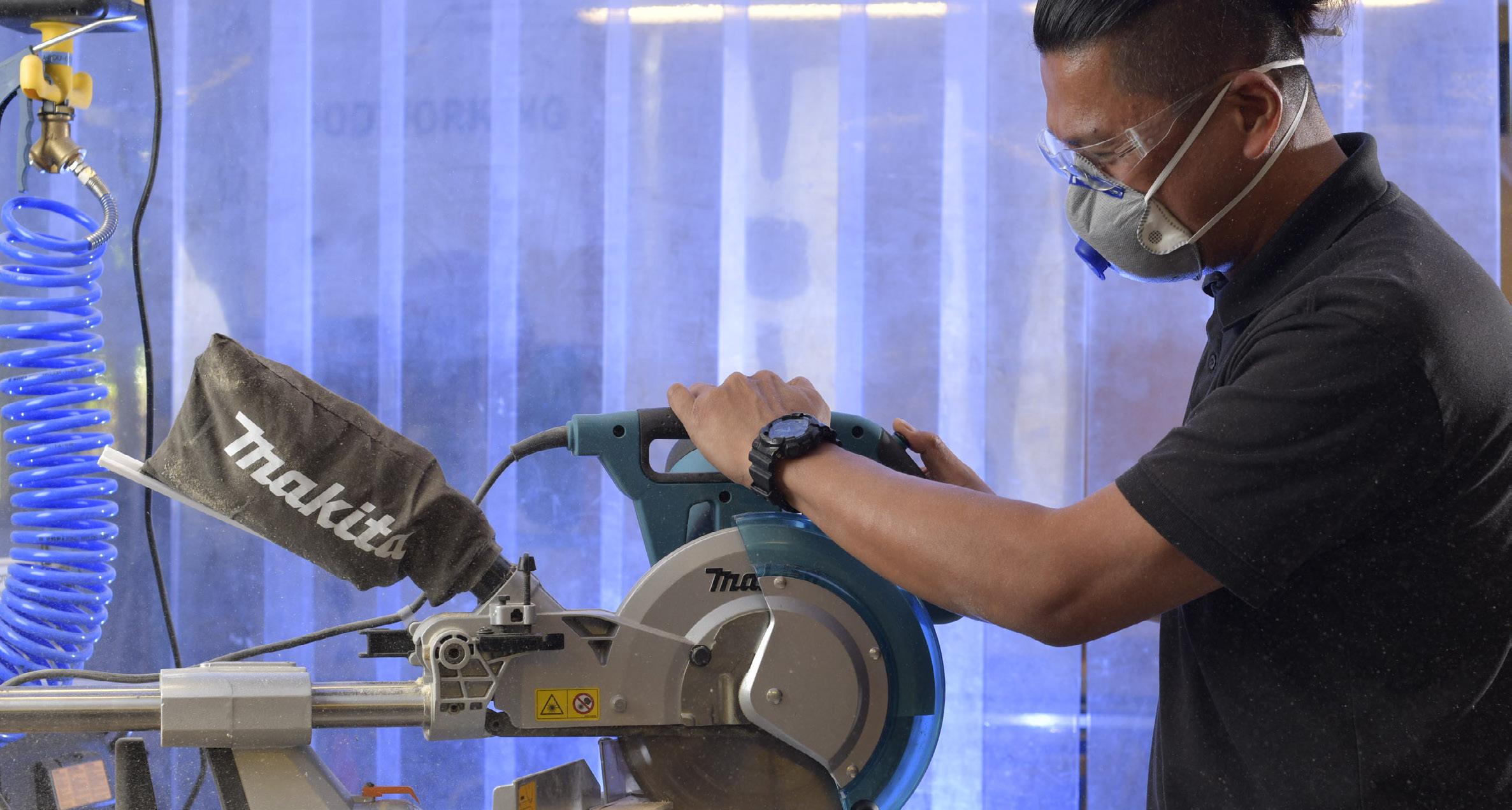
How does the procurement and supply chain function contribute to KAUST’s mission of advancing science and technology through research and education?
Procurement and supply chain play a crucial role in KAUST’s research mission by ensuring the timely acquisition of cutting-edge equipment, services, and supplies essential for groundbreaking research. Our team works closely with research divisions to align procurement strategies with their evolving needs, fostering innovation while optimising costs and resources.
Additionally, KAUST features a fully equipped system of multidisciplinary, interconnected laboratories that provide technical and scientific support to researchers across campus. These facilities are centrally governed to enhance collaboration and minimise resource wastage, ensuring a streamlined and efficient research environment that aligns with KAUST’s mission to advance science and technology.
KAUST emphasises sustainability across its operations. How does your team integrate sustainable procurement practices, and what initiatives have been launched to reduce and recycle materials on campus?
Sustainability is embedded in our procurement strategy, ensuring that our sourcing decisions align with KAUST’s environmental commitments. We actively seek suppliers who prioritise sustainability, favoring materials and products with reduced environmental impact.
Key initiatives include promoting the use of eco-friendly materials, optimising logistics to minimise carbon emissions, and implementing recycling programs across campus operations. By integrating these sustainable procurement practices, we support KAUST’s broader sustainability goals while fostering responsible resource management throughout the supply chain.
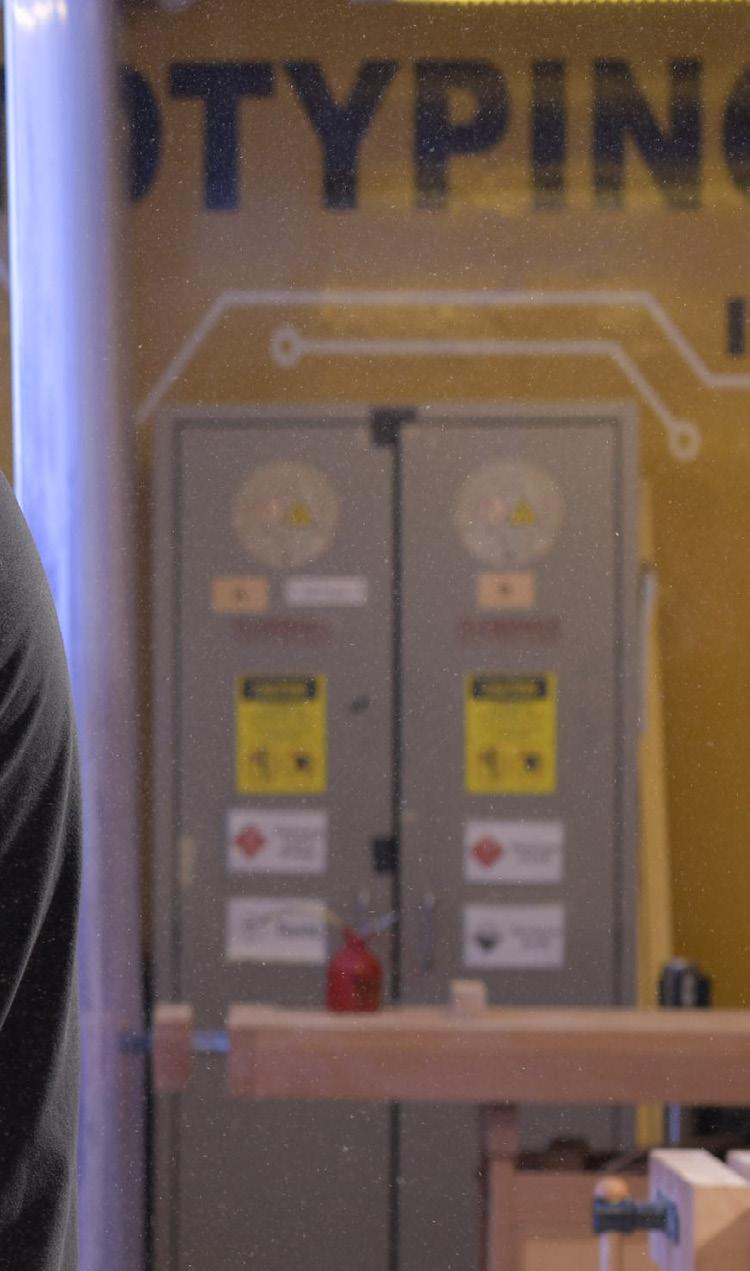

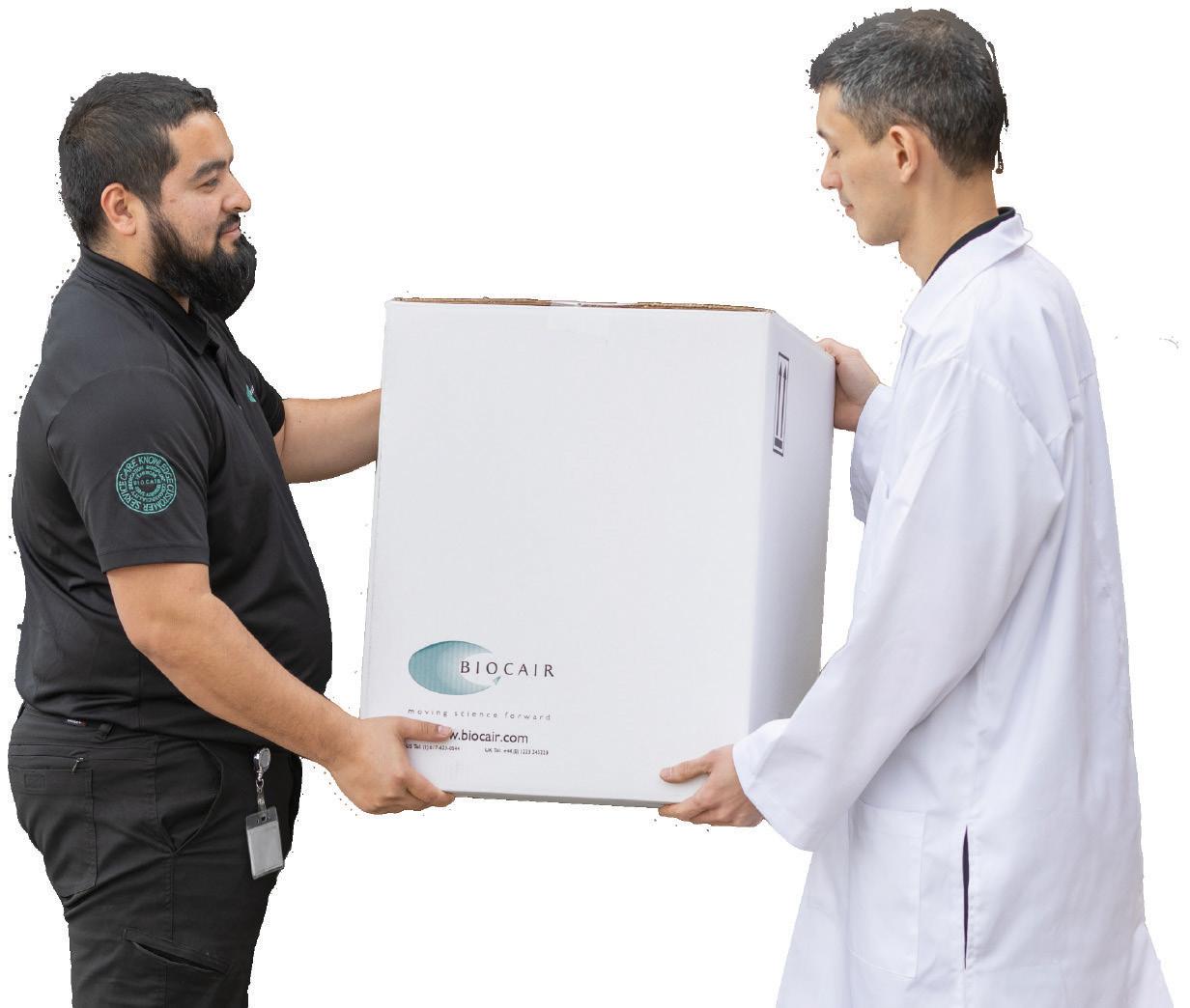
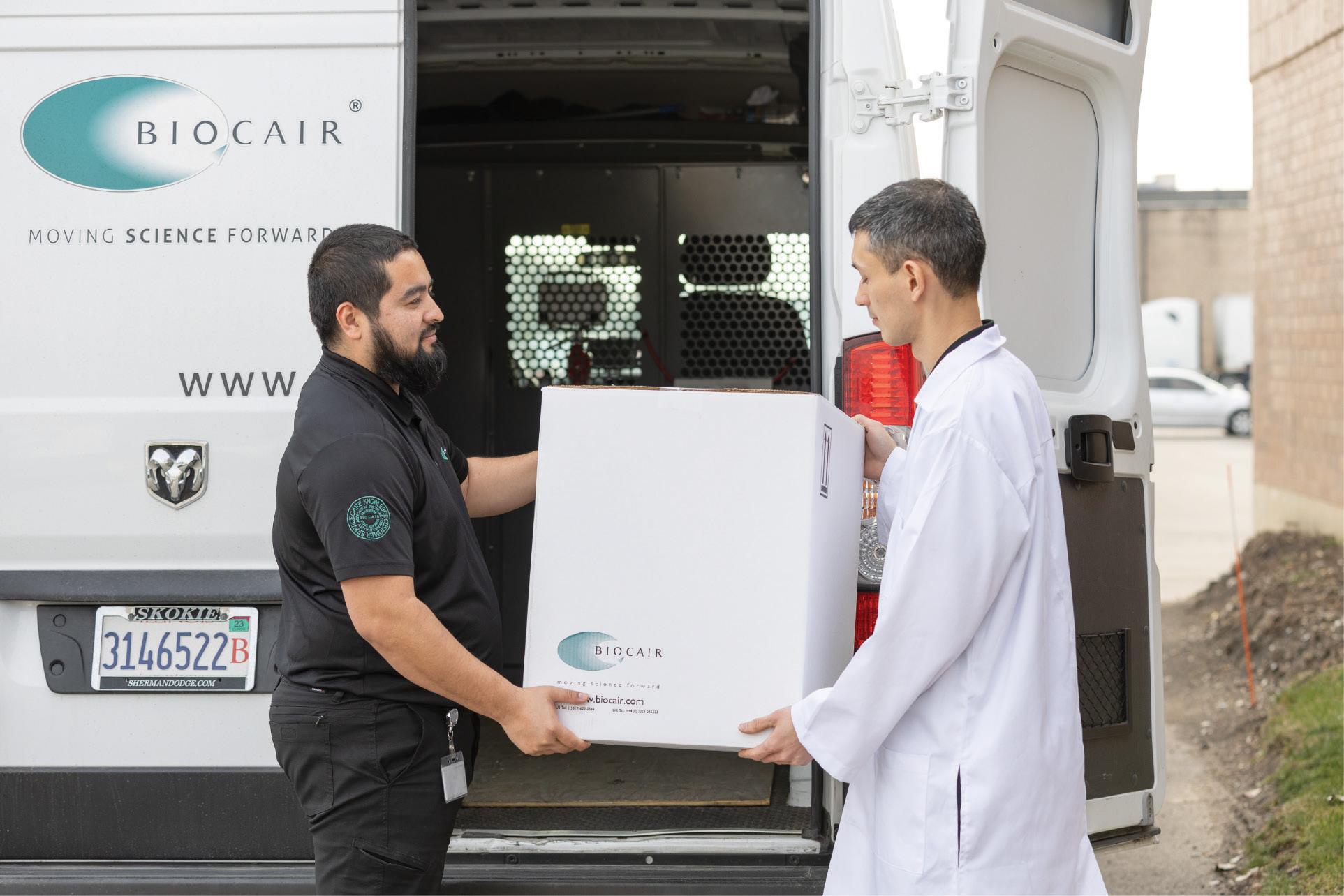
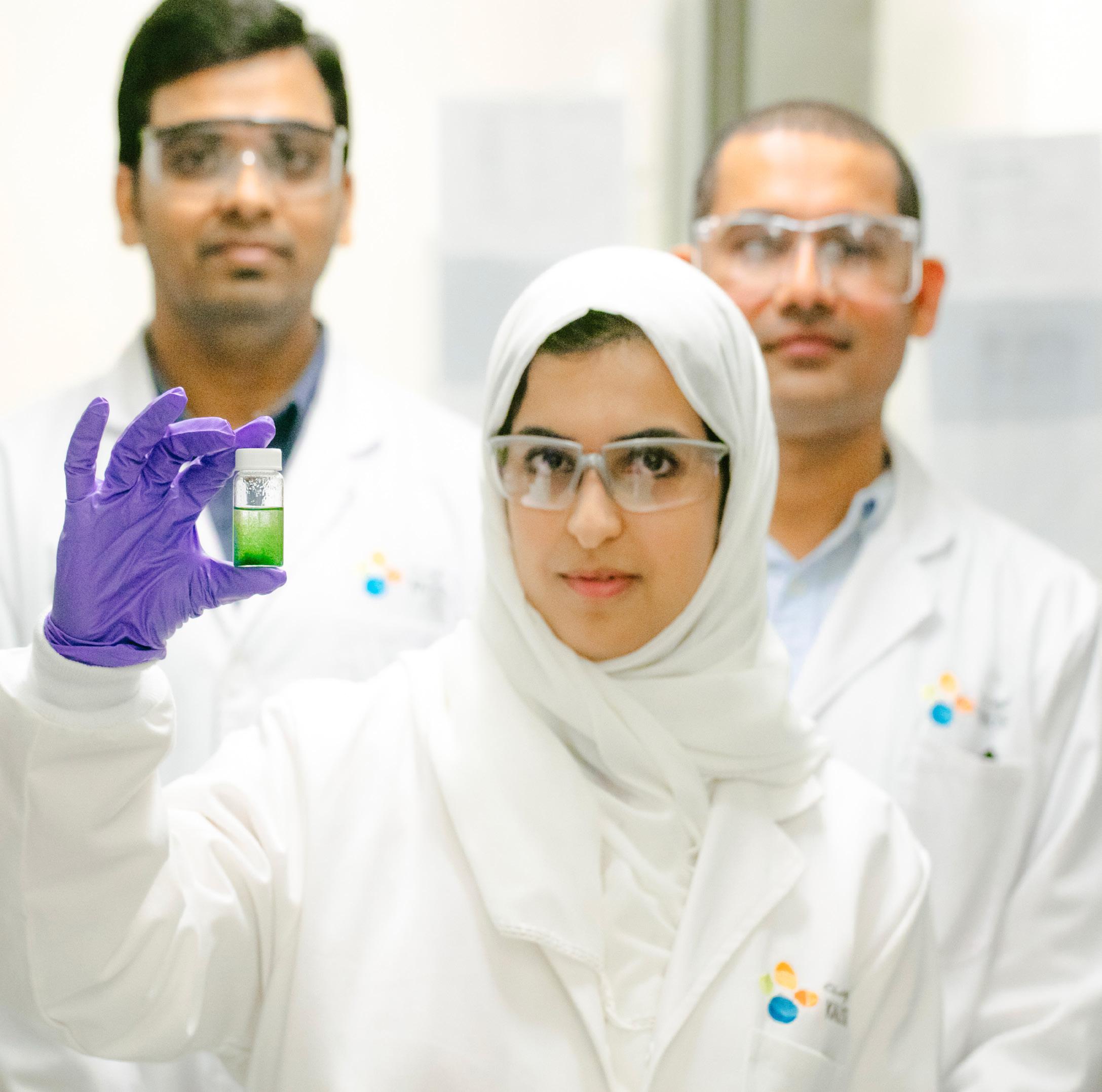
What strategies have you implemented to streamline procurement processes at KAUST, and how have these improvements impacted the university’s operations?
To enhance efficiency, we have implemented several key strategies, including establishing centralised, dedicated teams to support both research divisions and non-research departments, adopting performance metrics (KPIs) to drive continuous improvement, and optimising supplier management systems.
This customer-focused approach allows procurement to remain adaptable and responsive to stakeholder needs. As a result, we have achieved faster procurement cycles, cost savings, and improved stakeholder satisfaction, all of which have significantly enhanced the university’s overall operational performance.
With advancements in technology, how is KAUST integrating tools like e-procurement systems to enhance efficiency and transparency in supply chain operations?
KAUST leverages e-procurement systems to drive efficiency, transparency, and automation across its supply chain operations. Platforms such as ARIBA and SAP enable seamless procurement processes, facilitating data-driven decision-making, workflow automation, and enhanced collaboration between stakeholders.
By integrating these digital tools, we optimise procurement cycles, improve supplier management, and ensure greater visibility across operations, ultimately supporting KAUST’s commitment to innovation and operational excellence.
How does KAUST ensure strong and ethical relationships with suppliers, and what processes are in place to maintain compliance with industry standards?
We prioritise ethical partnerships by implementing rigorous supplier screening and establishing longterm agreements that align with KAUST’s values. To maintain high standards, we conduct regular performance evaluations and compliance audits, ensuring adherence to industry regulations and contractual obligations.
These practices foster trust, accountability, and transparency, reinforcing strong supplier relationships while upholding KAUST’s commitment to ethical procurement and operational excellence.

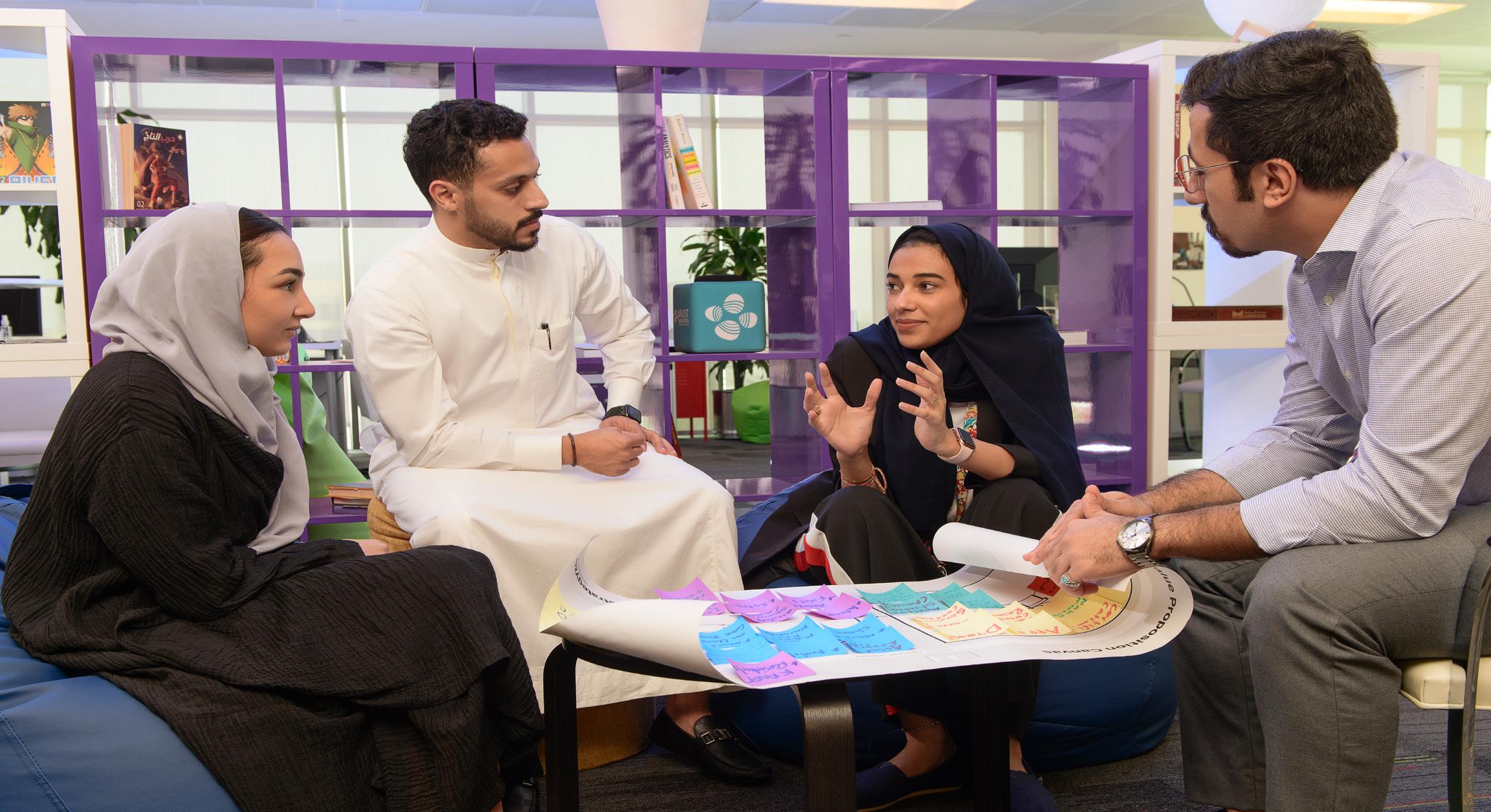
The global supply chain landscape is subject to volatility. How does KAUST’s procurement function adapt to changes in market conditions, such as fluctuations in commodity prices or supply chain disruptions?
KAUST’s procurement team remains agile and proactive by continuously monitoring global market trends and maintaining a diverse supplier base. To mitigate risks associated with price fluctuations and supply chain disruptions, we employ strategies such as bulk purchasing, strategic sourcing, and establishing long-term agreements with key suppliers.
These measures ensure operational continuity and enable us to adapt swiftly to evolving market conditions while maintaining efficiency and cost-effectiveness.
How does the procurement team collaborate with academic and research departments to meet their specific needs and support KAUST’s strategic objectives?
Collaboration is at the heart of our operations. We maintain open communication with academic and research departments to tailor procurement solutions that meet their specific needs. This includes sourcing specialised equipment, managing complex logistics, and ensuring timely deliveries to support their research objectives effectively.
By aligning our procurement strategies with KAUST’s broader goals, we enable researchers to focus on advancing science and innovation without operational constraints.
How does the procurement and supply chain strategy align with KAUST’s vision and strategic goals, and in what ways is your team contributing to the university’s broader mission?
Since its inauguration in 2009, KAUST has pursued its vision of becoming a global leader in scientific and technological education and research, establishing itself as the premier research university in the Middle East. Our procurement and supply chain strategy plays a critical role in supporting this mission by fostering innovation and operational excellence.
Through efficient procurement practices, sustainable initiatives, and strategic sourcing, we ensure that resources are effectively utilised to drive cutting-edge research and academic excellence. By aligning procurement operations with KAUST’s broader objectives, we contribute to a dynamic and forward-thinking research environment that supports groundbreaking discoveries and technological advancements.
What guidance would you offer to individuals pursuing a career in procurement and supply chain management within the higher education sector?
For those entering the field, I recommend developing a strong foundation in contract negotiation, supplier management, and data analysis. Embracing technology and staying informed about global market trends will also be key to long-term success.
In the higher education sector, it’s essential to understand institutional goals and foster crossdepartmental collaboration to ensure procurement strategies align with the university’s mission. Building strong relationships across departments and maintaining a proactive, solution-oriented mindset will help drive efficiency and innovation in procurement operations.

King Abdullah University of Science and Technology (KAUST), established in 2009, is a graduate-level research institution located on the Red Sea coast in Saudi Arabia. The university focuses on addressing global challenges in food, water, energy, and the environment through interdisciplinary research and education. KAUST fosters innovation and economic development, contributing to the Kingdom’s Vision 2030 by bridging cultures and advancing scientific knowledge.
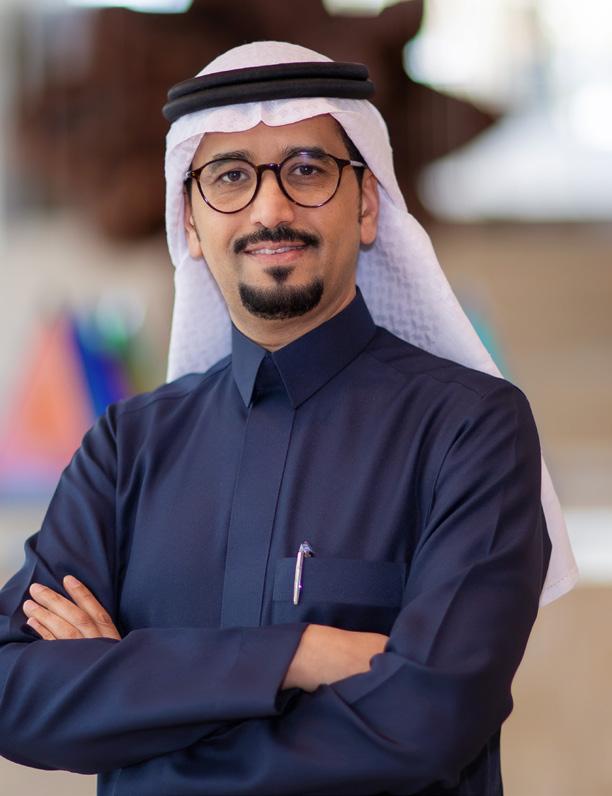
Aqil Alghamdi Head of Procurement & Supply Chain Services